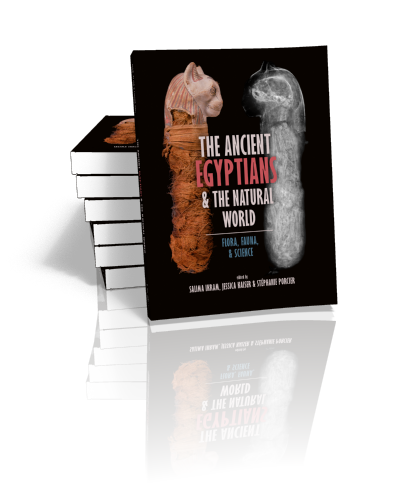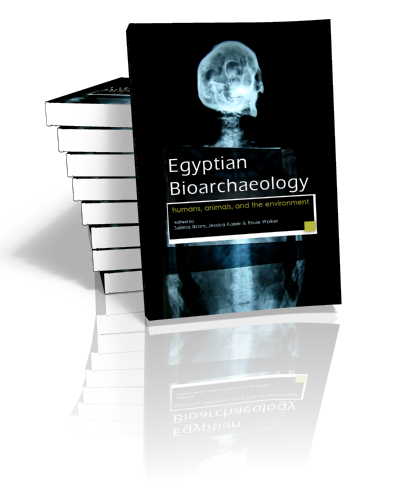Jessica Kaiser
Jessica Kaiser is a visiting researcher and lecturer at the Department of Near Eastern Studies at the University of California Berkeley and Adjunct Assistant Professor of Anthropology at Saint Mary’s College of California. She holds an MA in biological anthropology from the University of Stockholm, Sweden, with minors in Classics and Egyptology from Uppsala University (2006) and a PhD in Egyptian Archaeology and Bioarchaeology from University of California Berkeley (2018).
Dr. Kaiser has worked extensively as an archaeologist and surveyor in Egypt, California and Scandinavia, and was the head osteologist for the Giza Plateau Mapping Project/Ancient Egypt Research Associates between 2000-2010, and the Johns Hopkins Mut Temple Expedition between 2015-2016. She directed the bioarchaeology concentration of the AERA/ARCE field school between 2005-2010. She has also worked as a field supervisor and surveyor at the at the UC Berkeley Hibeh Expedition (2006-2009 seasons). Since 2017, she is co-directing the Berkeley-sponsored Abydos Temple Paper Archive Project with colleagues from Egypt and Germany. Her research interests include skeletal evidence of stress and disease, mortuary archaeology, the archaeology of childhood, database development for archaeology and osteology, and Egyptology and the colonial encounter.
Books by Jessica Kaiser
The Ancient Egyptians and the Natural World
Flora, Fauna, and Science
Edited by Salima Ikram, Jessica Kaiser & Stéphanie Porcier | 2021
This book explores the interaction between animals, plants, and humans in ancient Egypt. It draws together different aspects of the bioarchaeology of Egypt: flora, fauna, and human remains. These come from sites throughout the country…
Egyptian Bioarchaeology
Humans, Animals, and the Environment
Edited by Salima Ikram, Jessica Kaiser & Roxie Walker | 2015
Although the bioarchaeology (study of biological remains in an archaeological context) of Egypt has been documented in a desultory way for many decades, it is only recently that it has become an inherent part of…







